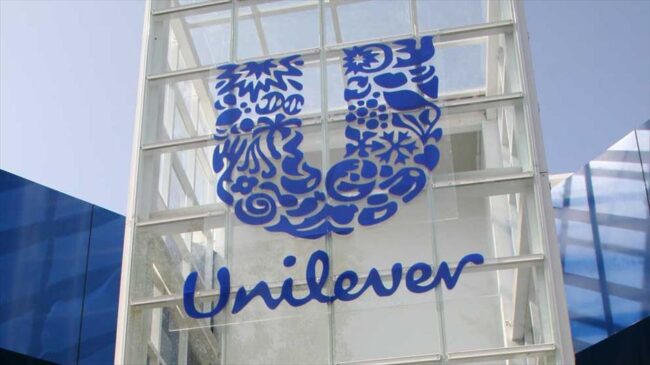With the severe disruptions being experienced across the world as a result of the Covid-19 pandemic, there’s no gainsaying that the only way to go for sustainable business growth is to adapt to the new realities while maintaining focus on business goals. Indeed, a number of progressive organisations are finding that the previous model for managing talent and productivity in the workplace may well have gone with the last decade and there’s an urgent need to tweak the model.
One of Nigeria’s leading financial institutions, Fidelity Bank Plc is taking the bulls by the horns as it has embarked on a series of initiatives which would not only make it remain competitive for top talent but help bolster the welfare and productivity of her workforce in line with the new normal.
Specific initiatives introduced by the organisation to adapt to the volatile operating environment include provision of car loans and healthcare management organisations for staff of all grade levels as well as extension of loan top-ups, and the staff retirement age to 60years amongst others. The retirement age extension is of particular importance as it serves to deepen the reservoir of knowledge and experience as the tier 2 bank marches towards tier 1 status.
In March 2021, the bank successful kicked off its Policy Familiarization Program, a capacity-building project designed to develop a knowledgeable and versatile staff network. Since then, Fidelity Bank has quickly followed with other notable workforce transformation programmes like the One Culture Project and Project Alpha.
“Workplace transformation is very critical to the survival of our business in the medium to long term and therefore forms one of our strategic thrusts as an institution as we move to create a future readily supported by a high performing and empowered workforce. This we plan to achieve via two broad pillars of deepening staff skills and competences on the one hand; and entrenching a culture of high performance and innovation on the other”, explains Fidelity Bank’s Chief Executive Officer, Mrs. Nneka Onyeali-Ikpe who has championed these initiatives since assuming office on 1 January 2021.
An important part of workforce transformation in the 21st century is the transformation of products, services and processes not only for clients and customers but for workers in every organisation in order to forge frictionless, high-quality collaboration and communication within work environments. The One Culture Project and Project Alpha are significant initiatives indicating support for this aspect.
The One Culture Project, in particular, was created by Fidelity Bank to reinforce the behaviour and value systems that will assist staff in efficiently achieving set goals. Project Alpha on the other hand is aimed at developing a robust and holistic learning and development framework for all staff. Beyond these workplace transformation initiatives, the bank is also engaging in senior management training to help senior managers build a community of change agents as well as become role models in influencing ethical behaviour within the bank.
Staff welfare is paramount to the establishment of a happy workplace, and Fidelity Bank continues to demonstrate, through distinctive initiatives that this is an important aspect of its work culture. For example, the establishment of a crèche to cater for staff needs is as thoughtful as it is special.
Fidelity Bank is demonstrating seamless adaptation to the inevitable change in business operation models globally and also showing a critical concern about workforce transformation as a key strategy to further achieving excellence.
In these times, unreserved adaptability to workforce transformation is pertinent to the growth of organisations. Fidelity Bank’s transformational capabilities position it as a force to reckon with among the top banking institutions operating in Nigeria.
Add a comment






